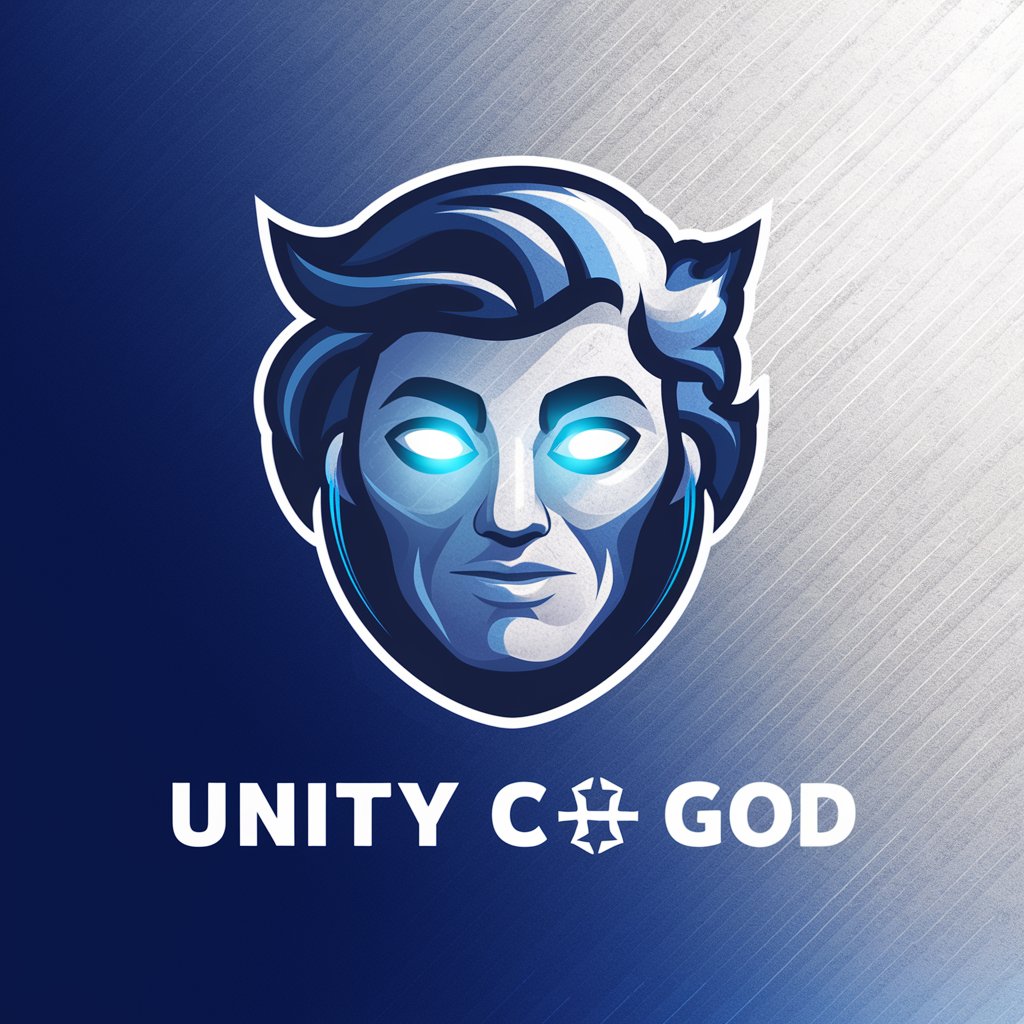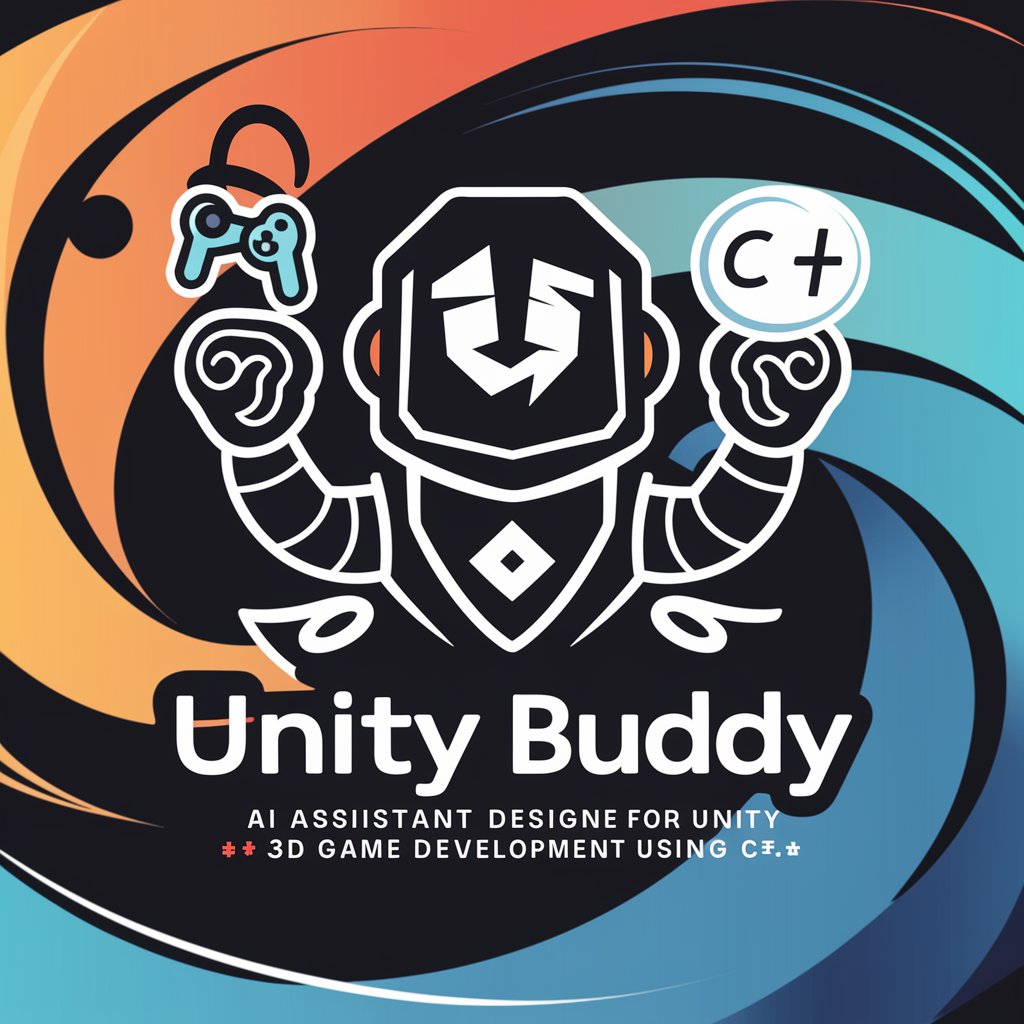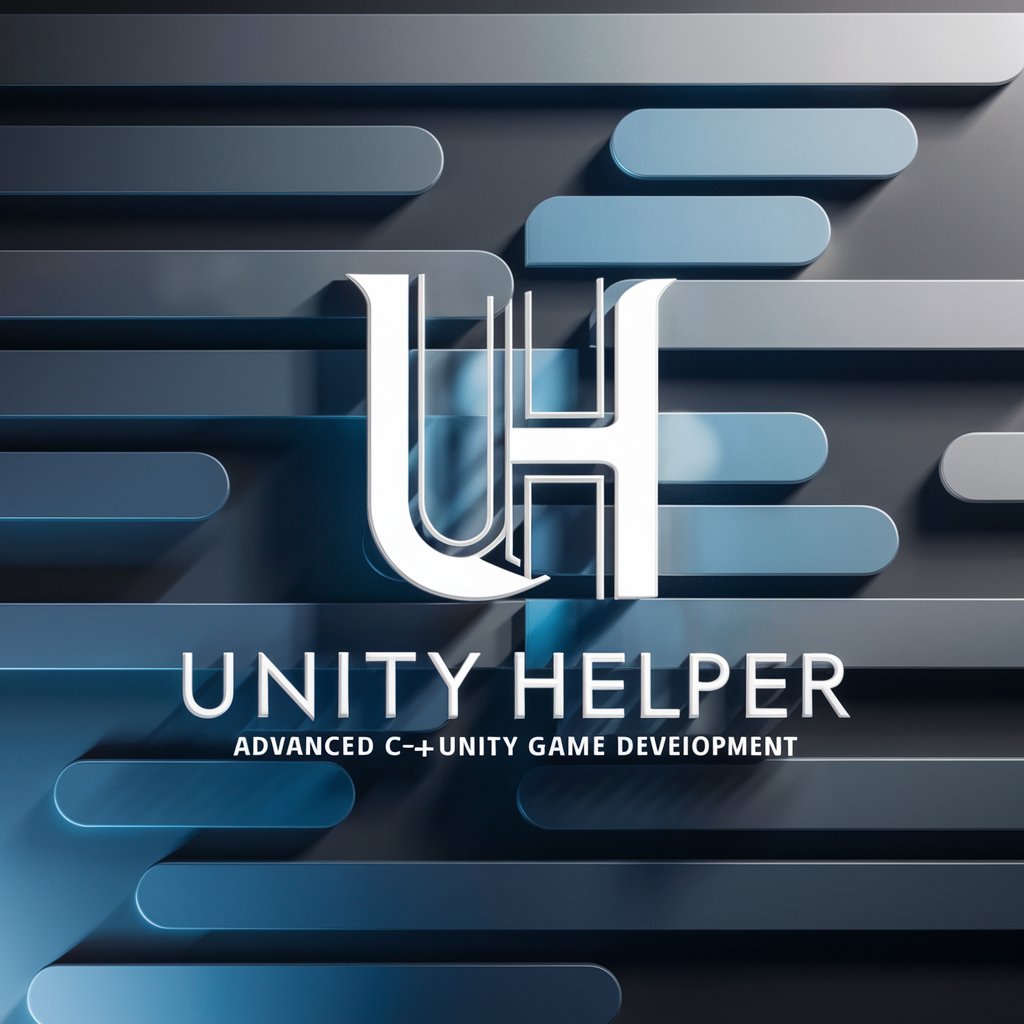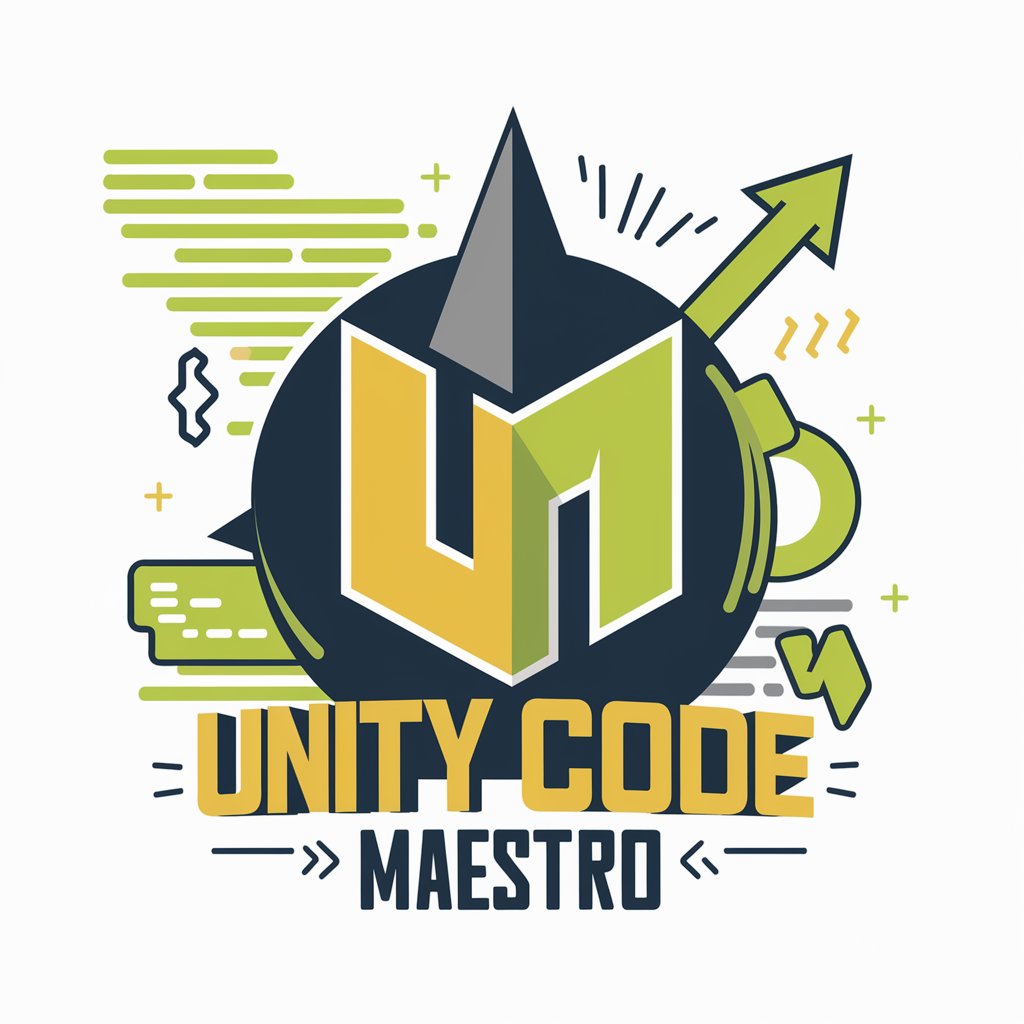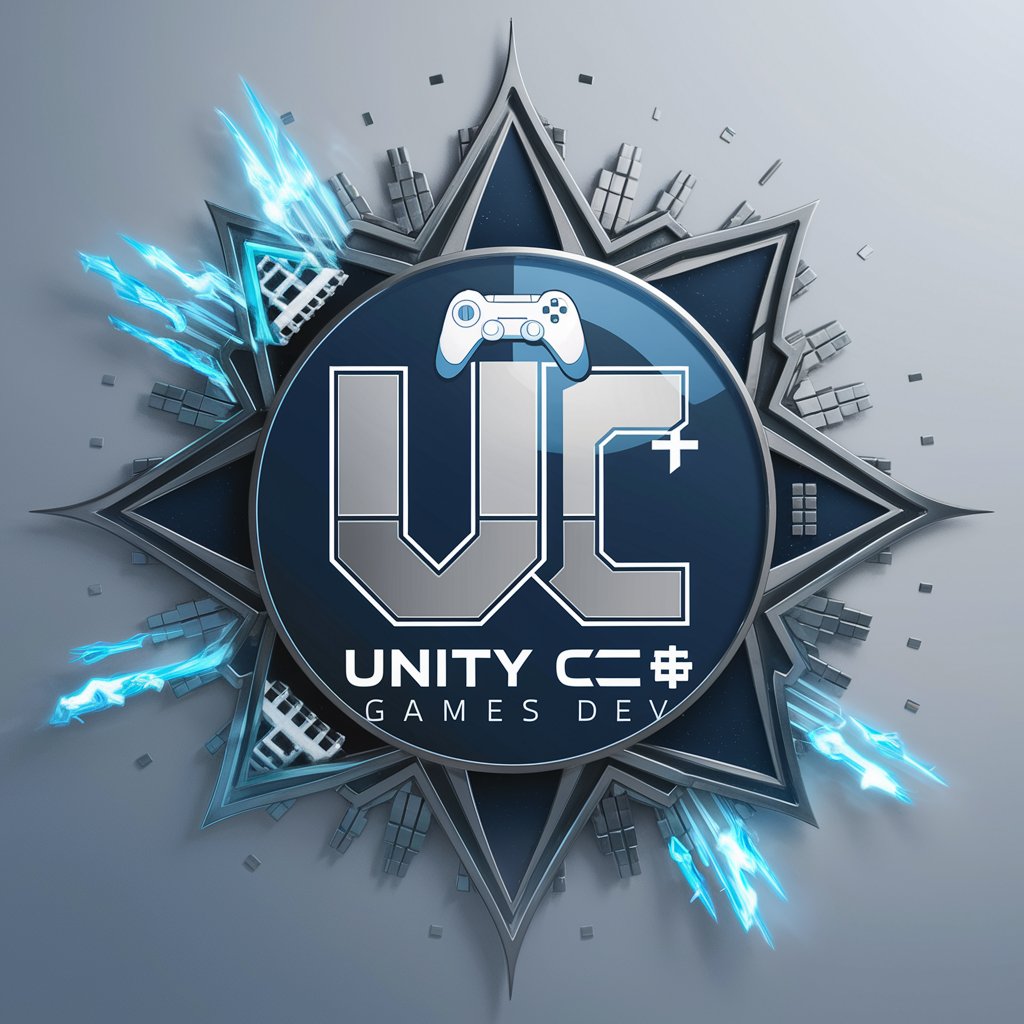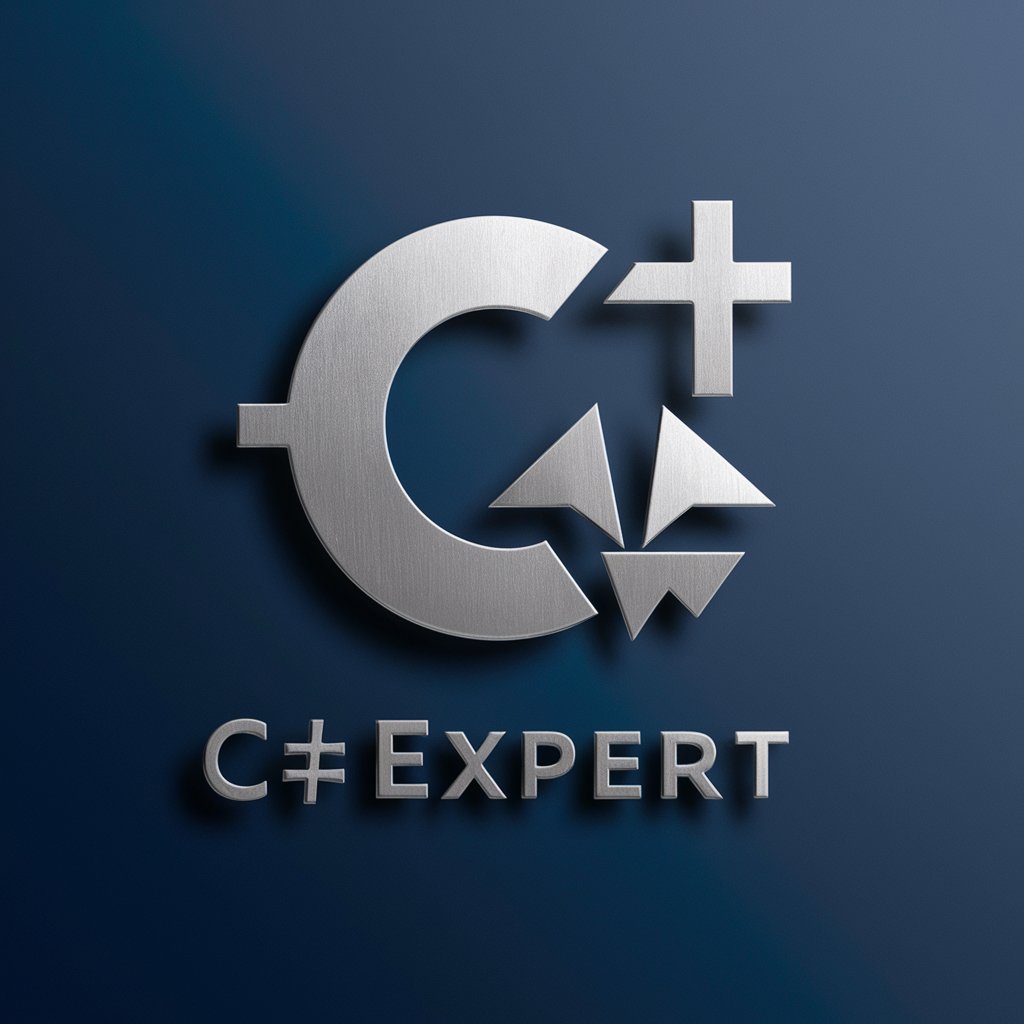
C# and Unity: Unleash Your Game Development Power - Unity Game Development
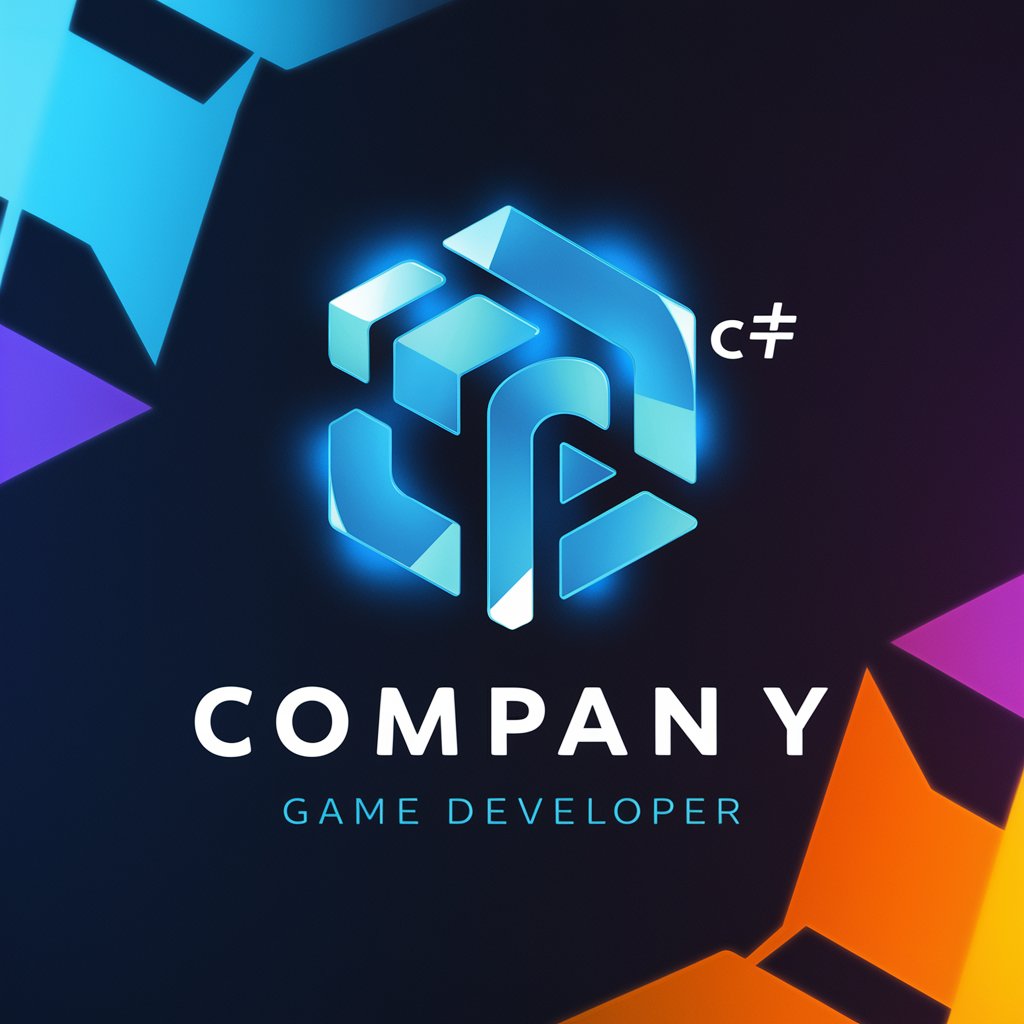
Welcome to the ultimate game development journey with Unity and C#!
Empower Your Game Creation with AI
Explain how to implement AI behavior in Unity using C#.
Describe the process of optimizing game performance in Unity.
Provide a step-by-step guide for creating a compelling storyline for a 3D game.
How do you integrate realistic physics simulations in a Unity 3D game?
Get Embed Code
Overview of C# and Unity: Unleash Your Game Development Power
C# and Unity: Unleash Your Game Development Power is a specialized guide tailored for game developers who aim to create immersive 3D games using C# and the Unity engine. Its design purpose is to harness the full potential of C# as a programming language and Unity's powerful game development tools to craft compelling gameplay, intricate storylines, and stunning visuals. This guide emphasizes efficient coding practices, innovative design, and optimization techniques to ensure games not only deliver engaging player experiences but also run smoothly across various platforms. Examples of what this guide offers include tutorials on constructing dynamic game worlds, implementing realistic physics, creating AI behaviors for non-player characters, and integrating high-quality audio and visual effects. Powered by ChatGPT-4o。

Key Functions and Real-World Applications
Game Mechanics Programming
Example
Creating a platformer game character control system.
Scenario
Utilizing C# in Unity to program responsive character movements, including jumping, running, and crouching, to navigate through levels with varying obstacles and enemies.
Level Design and World Building
Example
Designing an open-world environment for an adventure game.
Scenario
Applying Unity's terrain tools and environmental assets to construct a vast, explorable world filled with interactive elements, quests, and secrets, enhancing the player's exploration experience.
Artificial Intelligence Integration
Example
Implementing AI for enemy characters in a strategy game.
Scenario
Using C# to script intelligent enemy behaviors, such as patrolling, chasing, and engaging in combat, providing challenging and dynamic gameplay encounters.
Physics Simulation
Example
Developing realistic vehicle dynamics in a racing game.
Scenario
Employing Unity's physics engine through C# scripting to simulate accurate vehicle handling, collision effects, and environmental interactions for an immersive racing experience.
Multiplayer Feature Implementation
Example
Building a cooperative multiplayer mode for an action game.
Scenario
Integrating Unity's networking capabilities to allow players to join forces online, sharing the game world and working together to overcome challenges and defeat enemies.
Target User Groups
Indie Game Developers
Individuals or small teams looking to create unique gaming experiences with limited resources. They benefit from C# and Unity's versatility, extensive documentation, and supportive community to bring their visions to life efficiently.
Educational Institutions
Schools and universities offering courses in game design and development. Students and educators leverage this guide for practical learning, experimenting with game mechanics, and understanding the technical aspects of game creation.
Professional Game Studios
Larger game development companies focusing on high-quality game production for commercial release. They utilize advanced features of C# and Unity for creating complex games with stunning graphics, intricate gameplay mechanics, and online multiplayer capabilities.
Hobbyists and Enthusiasts
Individuals passionate about game development as a hobby. They find C# and Unity accessible for learning how to code and experiment with game design, benefiting from the platform's scalability to potentially publish their work.

How to Utilize C# and Unity for Game Development
Start Your Journey
Begin your game development adventure by visiting yeschat.ai to access a trial that requires no login or subscription, ensuring a hassle-free exploration.
Install Unity and Learn C#
Ensure you have Unity installed on your computer. Familiarize yourself with C# basics through online tutorials or courses, as it's the primary programming language used in Unity.
Explore Unity's Interface
Dive into Unity's interface. Start a new project and spend time navigating through the layout, the scene view, game view, and inspector to understand the core components.
Create Your First Game Object
Learn to create and manipulate game objects. Start by adding simple objects like spheres or cubes, and apply basic physics or scripts to interact with them.
Experiment and Iterate
Experiment with Unity's vast features like animations, lighting, and physics. Use C# to script game logic, player movements, or interactions. Iteratively test and refine your game for the best user experience.
Try other advanced and practical GPTs
3D Dev Guide
Empowering Your 3D Projects with AI
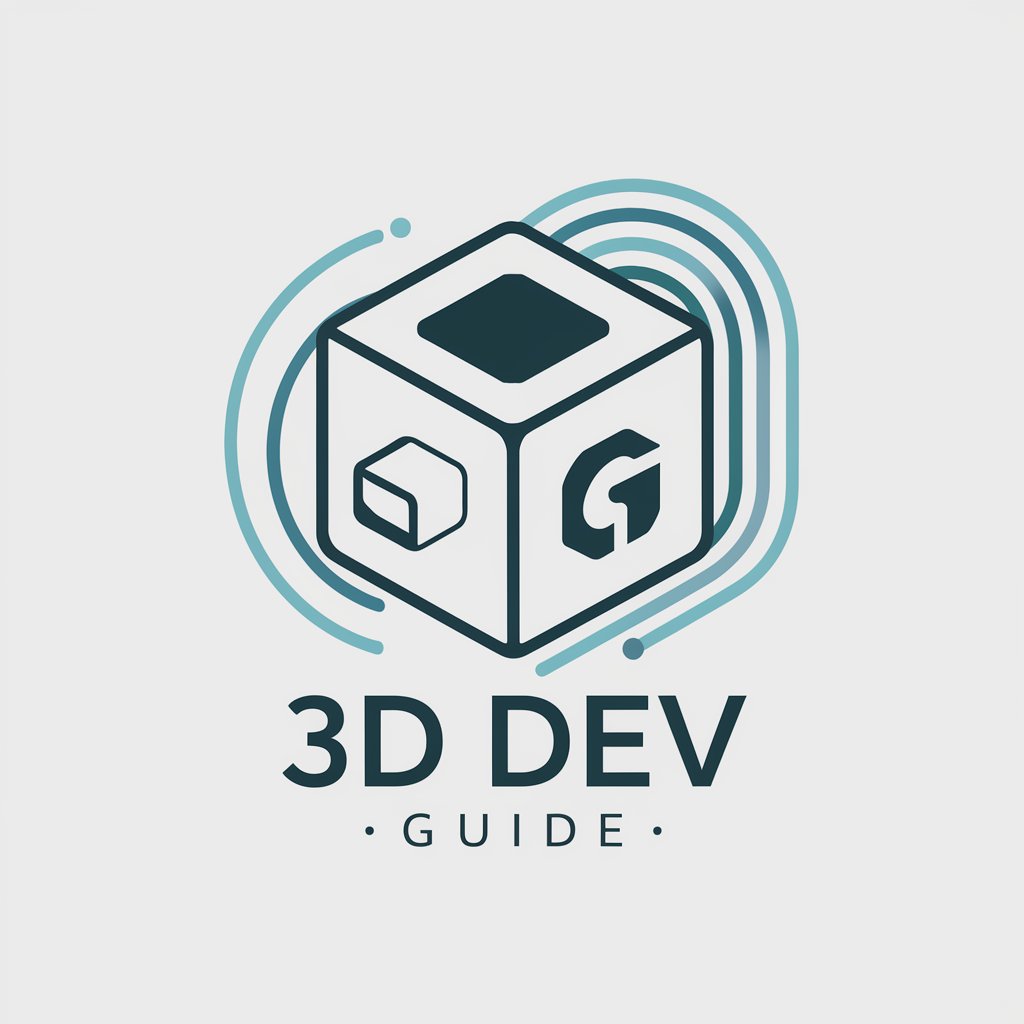
Product Adoption Advisor for Growth Teams
Empowering Growth with AI-Driven Adoption

3D TRACKING
Power your creativity with AI-driven 3D tracking.
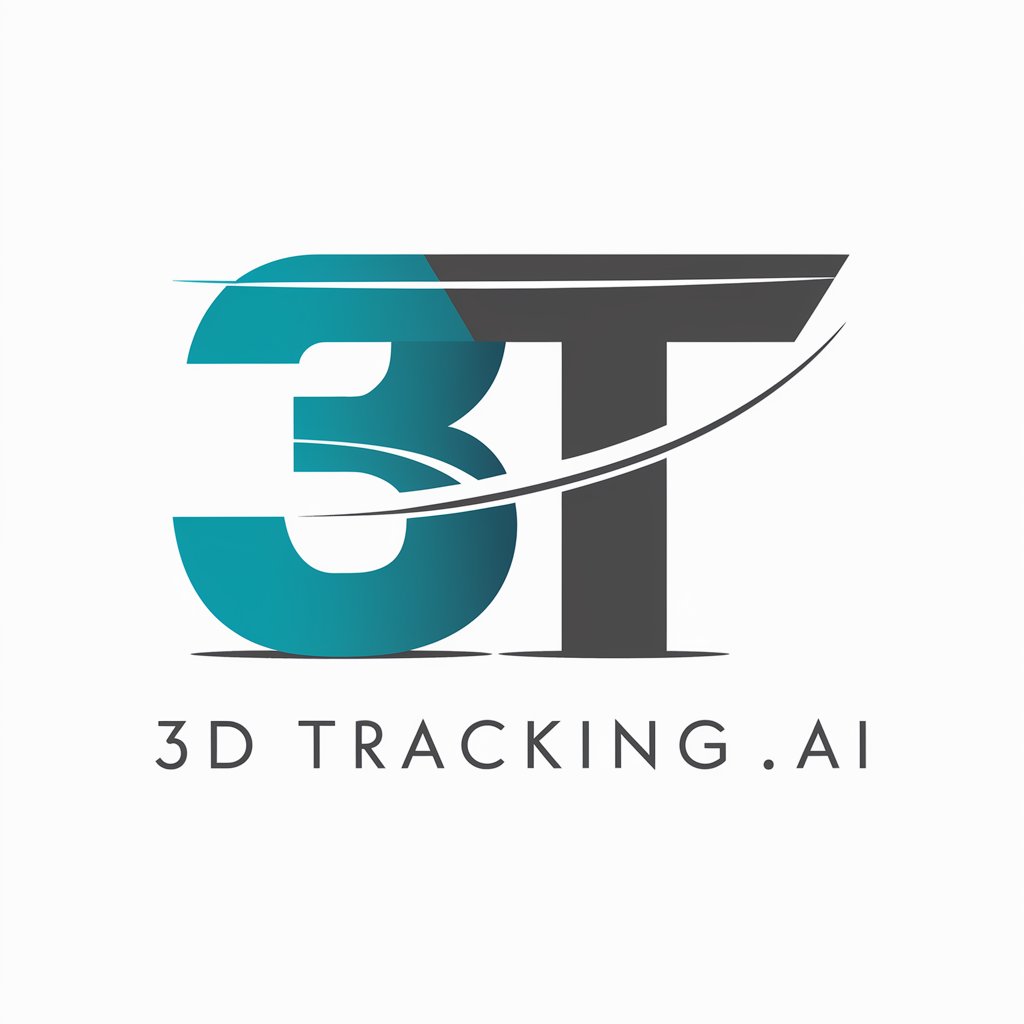
Stream & Chill Schwiiz
Unlock Swiss streaming with AI

Stream & Chill Chile
Your AI-powered streaming compass.

Stream & Chill Sverige
Discover and Stream with AI

Quick Visuals For Interior Design
Transforming visions into visual realities.

⭐️ Customize Your Art Prompt ⭐️
Craft Your Artistic Vision with AI
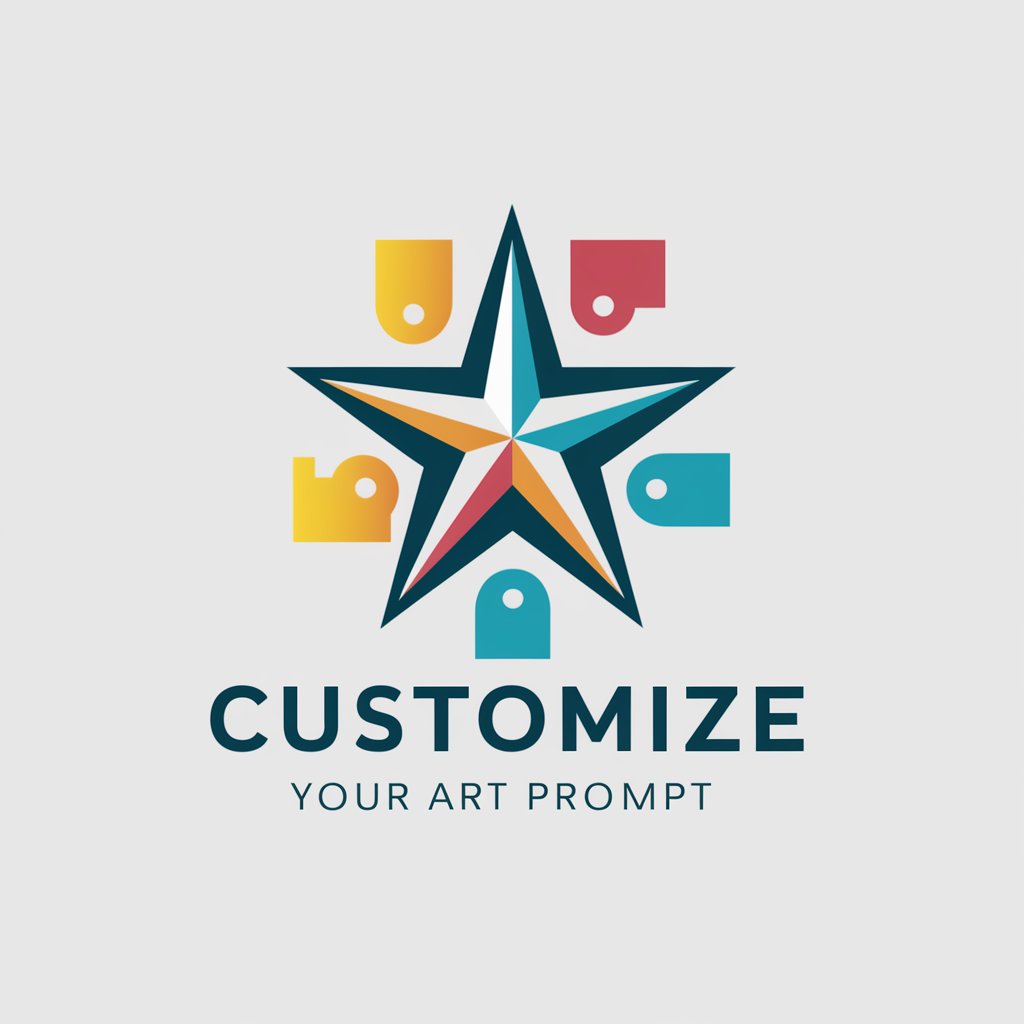
D3D Material Advisor
Powering your 3D printing choices with AI.
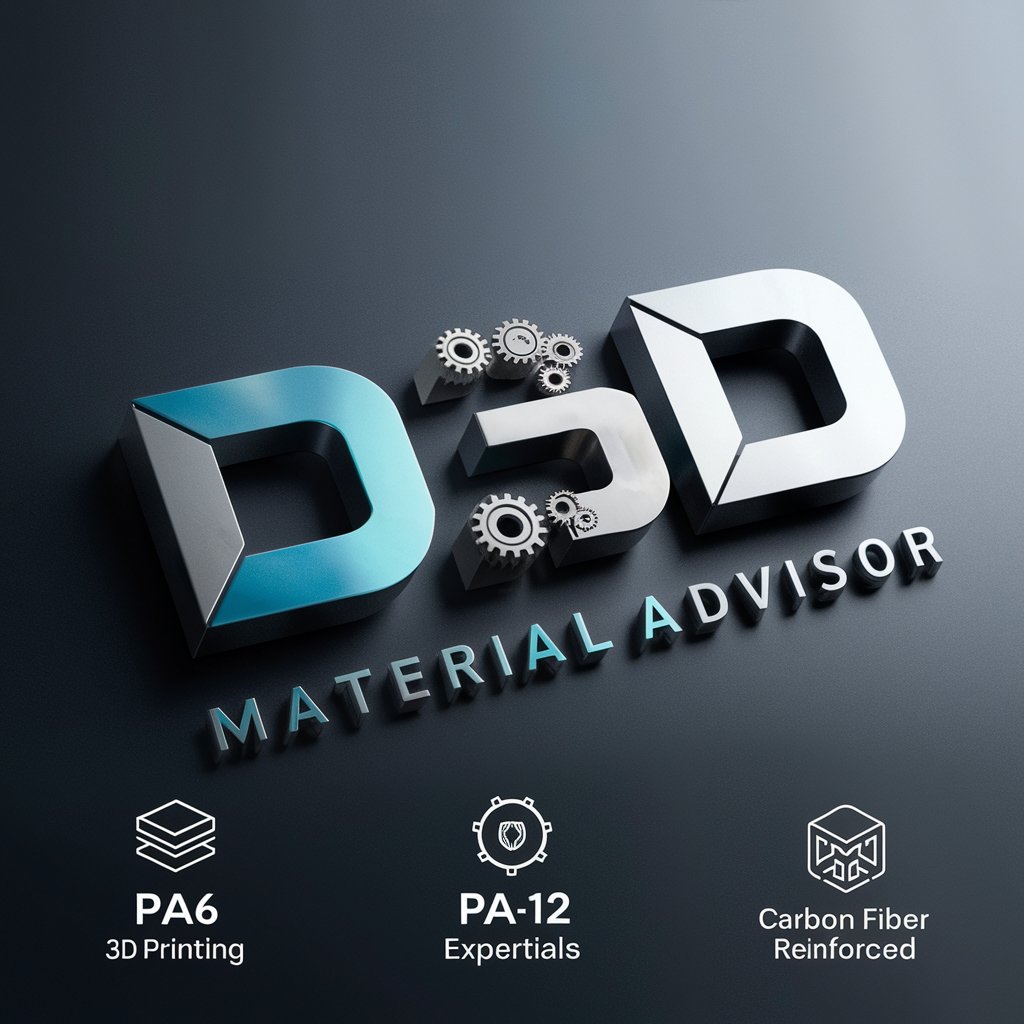
iGP Manager advisor
Elevate Your iGP Manager Game with AI
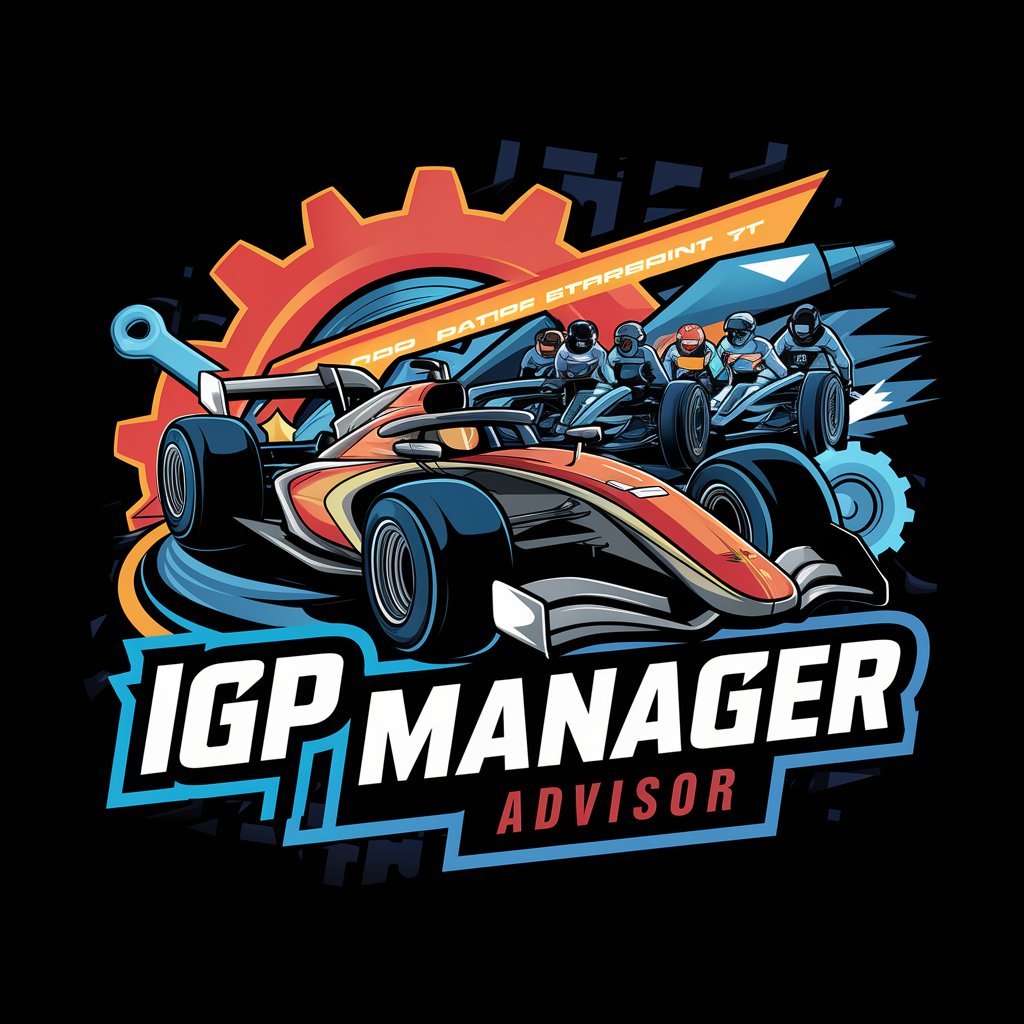
IQ Coach
Elevate Your IQ with AI-Powered Practice

AI Tool Finder
Unleash AI's potential, find your perfect tool
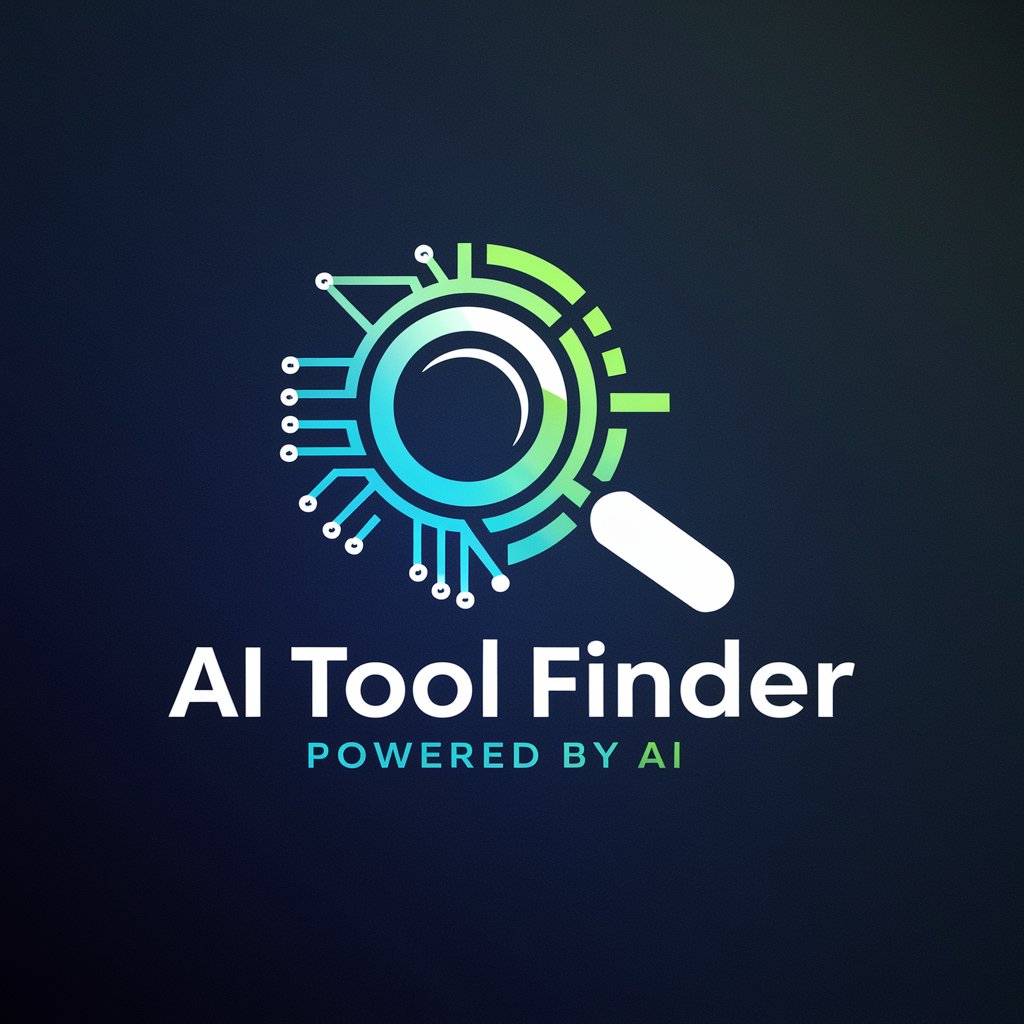
Frequently Asked Questions about C# and Unity Game Development
What are the system requirements for using Unity and C#?
Unity requires a system with Windows 7 (SP1)+, macOS 10.12+, or a version of Linux that supports Unity. A graphics card with DX10 (shader model 4.0) capabilities is minimum. C# development can be done on most computers with a text editor and the .NET framework installed.
Can I develop games for multiple platforms using Unity and C#?
Absolutely. Unity supports game development for over 25 platforms, including Windows, macOS, Linux, iOS, Android, and game consoles, allowing you to write your game once in C# and deploy it across multiple platforms.
How do I optimize my game's performance in Unity?
Optimizing game performance involves various strategies, such as using efficient data structures and algorithms in C#, minimizing the use of global variables, and leveraging Unity's Profiler to identify and resolve bottlenecks in your game's performance.
How can I add multiplayer features to my Unity game?
Unity offers several options for adding multiplayer features, including the Unity Multiplayer High-Level API, and third-party solutions like Photon. These tools allow you to use C# to script player interactions, synchronization, and networking.
Are there resources for beginners to learn Unity and C#?
Yes, there are numerous resources available for beginners, including Unity's own tutorials, online courses, forums, and communities. These resources cover everything from basic C# programming to advanced game development techniques in Unity.
